Activism: Feminism
Mizrahi Feminism in Israel
Mizrahi feminism goes beyond the typical western scope of feminism to include the history and issues that concern women in the Middle East in Israel and in Arab and Muslim countries. An intersectional feminism, it is particularly sensitive to issues of race, class division, immigration, and ethnic discrimination.
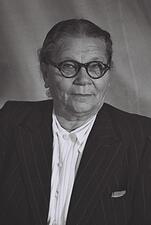
Mo'ezet Ha-Po'alot (Council of Women Workers)
The Mo’ezet Ha-Poalot was founded in 1921 as the women’s branch of the Histadrut, the General Federation of Workers in mandatory Palestine. In the name of women workers, the organization struggled for many years for equality in the eyes of the Histadrut, though it ultimately came to represent more broadly the interests of Jewish women in Palestine and Israel, including immigrants and housewives.
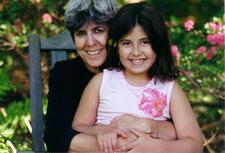
Cheryl Moch
Ellen Moers
Ellen Moers’ Literary Women (1976), the third and last book of her career, is a benchmark of feminist criticism. While early critics attacked Literary Women for its exclusive focus on women writers, her analysis of Mary Shelley and other women writers reshaped our understanding of their work.
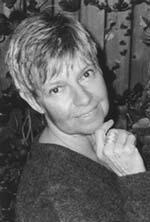
Robin Morgan
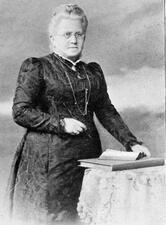
Lina Morgenstern
In the face of formidable anti-Semitic opposition, Lina Morgenstern was a highly successful feminist author, educator, and peace activist who was supported by many, including the Prussian Empress Augusta. In 1896 she organized the first International Congress of Women in Germany, which was attended by feminist leaders from all over the world.
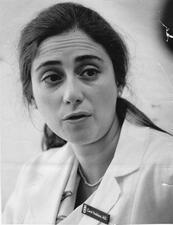
Carol Nadelson
Carol C. Nadelson is a ground-breaking female psychiatrist whose work has changed how medical practice addresses women’s medical care and encouraged women to break the glass-ceiling. She as the first woman president of the Massachusetts Psychiatric Society and the American Psychiatric Association. Under Nadelson’s editorial leadership, the American Psychiatric Press became a leader in the field of psychiatry.
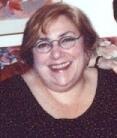
Sheryl Baron Nestel
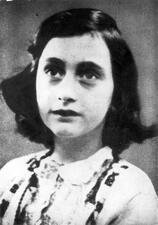
Modern Netherlands
Like Jewish women everywhere, Dutch Jewish women struggled with issues of assimilation, emancipation, and equality as both Jews and women. This article summarizes the conditions and challenges facing Jewish women in the Netherlands and the paths to progress and change they sought—education, work, activism, and literature, among others—from the nineteenth century to the present, including after the particular decimation of Dutch Jewry during the Holocaust.
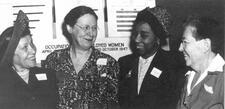
Pauline Newman
Pauline Newman played an essential role in galvanizing the early twentieth-century tenant, labor, socialist, and working-class suffrage movements. The first woman ever appointed general organizer by the International Ladies Garment Workers Union (ILGWU), Newman continued to work for the ILGWU for more than seventy years—first as an organizer, then as a labor journalist, a health educator, and a liaison between the union and government officials.

Niki Russ Federman
Niki Russ Federman is the fourth-generation co-owner of Russ & Daughters, the iconic appetizing shop founded in 1914 on the Lower East Side of Manhattan by her great-grandfather, Joel Russ. Known globally for its bagels, lox, babkas, and other Ashkenazi Jewish food delicacies, Russ & Daughters is believed to be the first business in America to include daughters in the name. As the fourth generation to own Russ & Daughters, Russ Federman has overseen its expansion while retaining an authentic legacy of Jewish food.
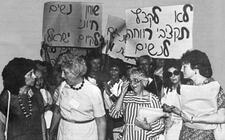
Non Governmental Organizations (NGOs) in Israel, 1948-2000
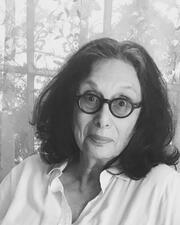
Diane Noomin
Diane Noomin was an acclaimed cartoonist and editor and the creator of her alter ego, DiDi Glitz. Noomin was a central figure in women’s comics beginning with the early feminist publications of the 1970s. In 2011 she published an anthology of her work, Glitz-2-Go: Diane Noomin Collected Comics.
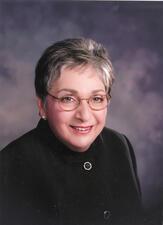
Meyera Oberndorf
Meyera Oberndorf blazed trails in Virginia politics as the first woman and first Jewish mayor of Virginia Beach, the largest city in the Commonwealth. From 1988 to 2008, she stood up to a long-ingrained good old boy network and led the city through difficult issues including racial unrest, all while staying closely connected to her citizens as “the people’s mayor.”
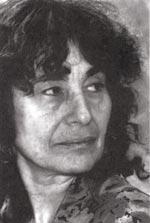
Alicia Suskin Ostriker
Alicia Ostriker is a feminist revolutionary, a poet, critic, and creator of contemporary midrash. She is one of an increasing number of women writers who have the courage to approach bibliocal history and legend from an unorthodox, feminist point of view.
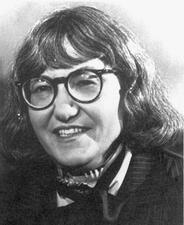
Cynthia Ozick
Cynthia Ozick is a Jewish-American writer, novelist, essayist, and playwright. Her creative, authentic, and intelligent stories, including “The Shawl” (1989) and “The Puttermesser Papers” (1997), have made her one of the greatest fiction writers and literary critics alive.
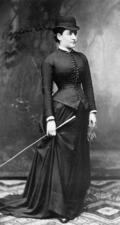
Bertha Pappenheim
Bertha Pappenheim was the founder of the Jewish feminist movement in Germany. In 1904, she founded the League of Jewish Women. Pappenheim believed that male-led Jewish social service societies underestimated the value of women’s work and insisted on a woman’s movement that was equal to and entirely independent of men’s organizations.
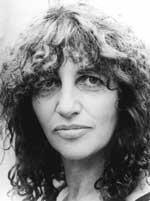
Ruth Peggy Sophie Parnass
Born in Germany, Ruth Peggy Sophie Parnass was sent to Sweden to escape the Nazis. Parnass became a journalist, actress, court reporter, feminist activist, and writer. Parnass combines her private and public lives in her writing, whether on her childhood under Nazi rule in Hamburg and as an exile in Sweden, on women's issues, or on political matters.
Partnership Minyan
The Partnership Minyan is an Orthodox feminist prayer service that seeks to maximize women’s involvement in prayers while adhering to Jewish law, or halakha, by placing the bima (podium) in the middle and allowing women to lead select sections, although women do not count as part of the quorum of ten men. There are currently over 80 Partnership Minyanim around the world.
Peace Movement in the United States
Throughout the twentieth century, Jewish women played a major role in American peace organizations and movements. Jewish women have also been in prominent roles advocating for peace between Israel and Palestine, both in the Knesset and with private organizations.
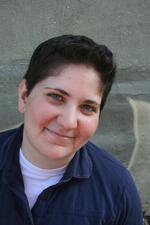
Miriam Zoila Pérez
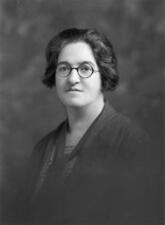
Marion Phillips
As Chief Women’s Officer of the Labour Party, Marion Phillips was one of the most important figures in the campaign to free women from domestic drudgery at the beginning of the twentieth century. Her work brought a quarter of a million women into the Labour Party.
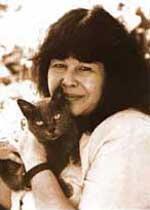
Marge Piercy
Novelist and poet Marge Piercy's life and life’s work reflect her deep engagement with political activism, feminism, and Judaism. In genres including fiction, poetry, liturgy, memoir, and essays, Piercy’s work brings together spirituality, creativity, memory, sensuality, and political engagement.
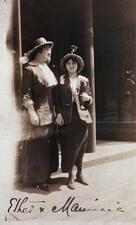
Maimie Pinzer
Maimie Pinzer (1885-1940) was a resilient and ambitious woman with a strong survival instinct, navigating poverty, sex work, and societal prejudice while striving for a better life. She founded the Montreal Mission for Friendless Girls in 1915, which supported young women escaping prostitution. Through her letters to socialite Fanny Quincy Howe, she left behind a valuable account of working-class women’s lives in the early twentieth century, revealing personal and societal challenges in an era when women’s voices were rarely heard.
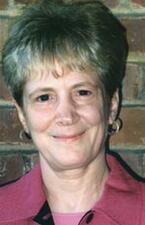
Judith Plaskow
Judith Plaskow is the first Jewish feminist to identify herself as a theologian. Deeply learned in classical and modern Christian theology yet profoundly committed to her own Judaism, Plaskow created a distinctively Jewish theology acutely conscious of its own structure and categories and in dialogue with the feminist theologies of other religions.


